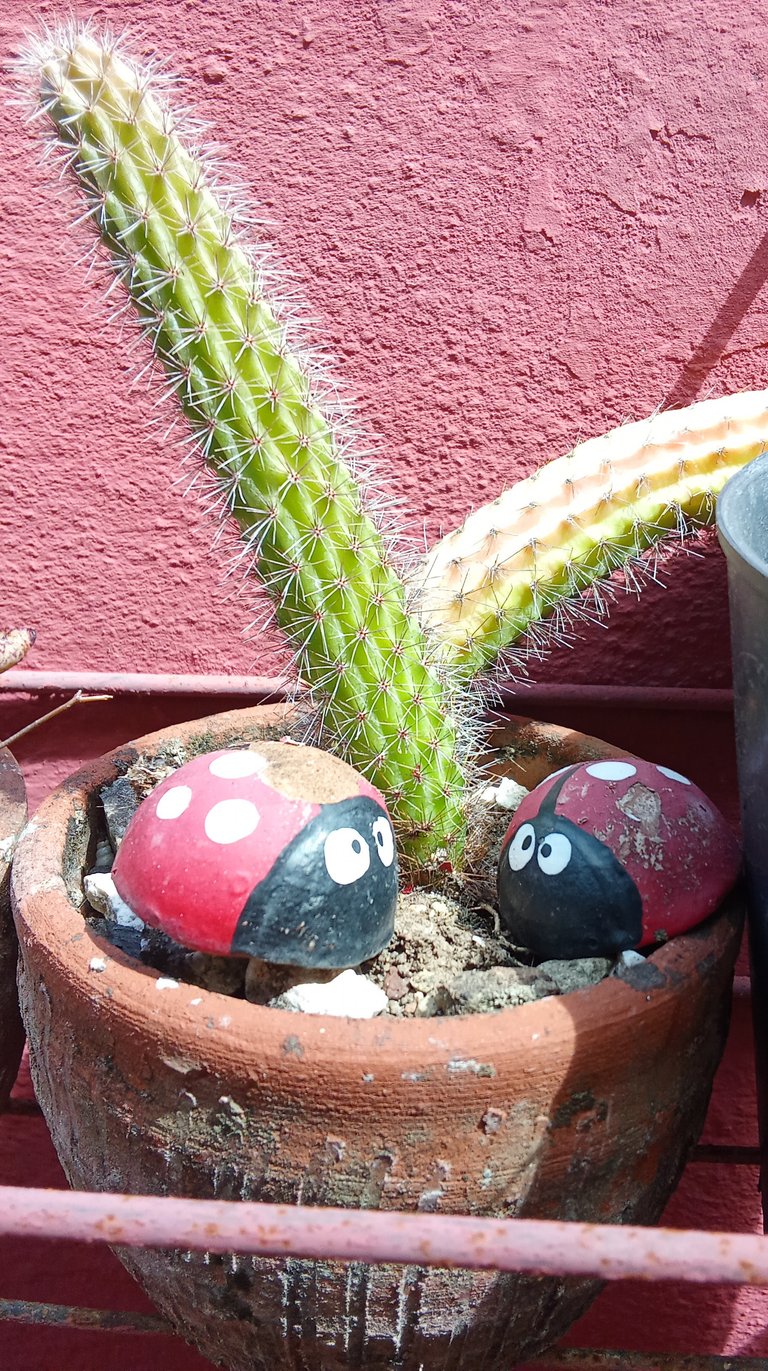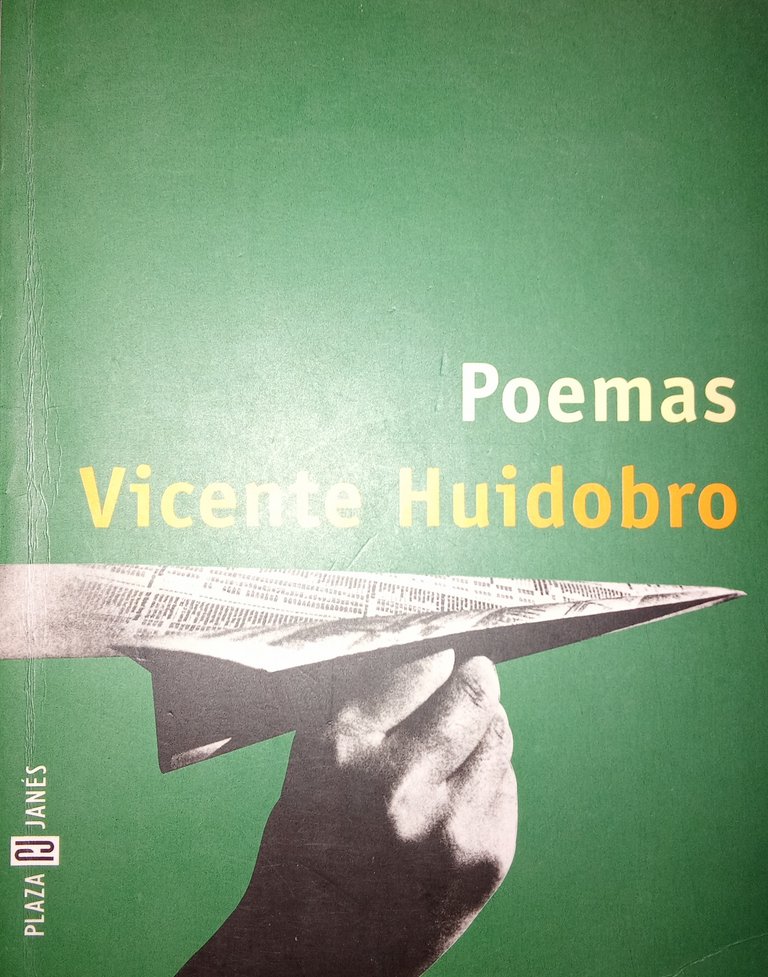📝 EL DIFÍCIL ARTE DE ORNAMENTAR: ...cuando no da vida, mata. / The difficult art of ornamentar: ... when he doesn't give life, he kills. (ESP/ENG) ✨
No todo el que escribe tiene la lucidez de Jorge Luis Borges al adjetivar. Sabemos de textos que el escritor argentino no incluyó jamás en Antologías Personales por el simple hecho de no encontrar el ornamento más preciso o sorprendente para un sustantivo.

Cuando su colega Adolfo Bioy Caseres lo interpeló:
-¿Por qué publicamos, Borges?
Contestó con su habitual sagacidad:
-Para no seguir corrigiendo.
Pero son célebres las correcciones y supresiones en los textos publicados de Borges.
Resulta admirable el nivel de insatisfacción, sobre todo cuando recordamos el memorable cuento donde al describir lo dispuesto que estaba a darlo todo el hombre recién llegado al bar, resume: "tenía una cicatriz rencorosa".
Cuánta precisión y osadía de la palabra, cuánto se nos cuenta en una cuestión que está mucho más lejos de lo ornamental.
Borges apuesta todo por ese adjetivo vivaz, inobjetable, que emplea de manera homérica y al mismo tiempo nos aporta el epíteto de la vanguardia que sería acogido luego por la postmodernidad.
Sendo legado de quien había apuntado hacia 1918, desde el manifiesto Ultraista, 4 Principios que procuraban dotar al poema de una mayor capacidad de sugestión (el 3ero de ellos, como sabemos, traicionado de alguna manera con respecto a lo confesional y la circunstanciación por el propio Borges en su reconocido poema CON QUÉ PUEDO RETENERTE):
1ero:
Reducción de la lírica a su elemento primordial: la metáfora.
2do:
Tachadura de las frases medianeras, los nexos y los adjetivos inútiles.
3ero:
Abolición de los trebejos ornamentales, el confesionalismo, la circunstanciación, las prédicas y la nebulosidad rebuscada.
4to:
Síntesis de dos o más imágenes en una, que ensancha de ese modo su facultad de sugerencia.
La pretensión ultraista consistía (por lo menos en lo que respecta a los poemas) en ofrecer "una visión inédita de algún fragmento de la vida" y ésto lo emparenta a la pretensión creacionista del chileno Vicente Huidobro, que llegaría aún más lejos al condensar toda su Tesis Ideoestética en 18 versos inolvidables.
Veamos, para cerrar con la reflexión que les he propuesto hoy, el poema que transcribo a continuación y que apareciera en 1916 en su segundo poemario 📕 ESPEJO EN EL AGUA ⬇️

Que el verso sea como una llave
que abra mil puertas.
Una hoja cae; algo pasa volando;
cuanto miren los ojos creado sea,
y el alma del oyente quede temblando.
Inventa mundos nuevos y cuida tu palabra;
el adjetivo, cuando no da vida, mata.
Estamos en el ciclo de los nervios,
el músculo cuelga,
como recuerdo, en los museos;
mas no por eso tenemos menos fuerza:
el vigor verdadero
reside en la cabeza.
Por qué cantáis la rosa, ¡oh, Poetas!
hacedla florecer en el poema.
Sólo para nosotros
viven todas las cosas bajo el Sol.
El Poeta es un pequeño Dios.



Not everyone who writes has the lucidity of Jorge Luis Borges to adjectivate. We know of texts that the argentine writer never included in personal anthologies because of the simple fact of not finding the most precise or surprising ornament for a noun.

When his colleague Adolfo Bioy Caseres questioned him:
-Why do we publish, Borges?
Answered with his usual sagacity:
-To keep correcting.
But the corrections and suppressions in the published texts of Borges are famous.
The level of dissatisfaction is admirable, especially when we remember the memorable story where when describing the provisions of all the newly arrived at the bar, he summarizes: "He had a resentment scar."
How much precision and boldness of the word, how much we are told in an issue that is much further from the ornamental.
Borges bets on everything for that alive, unbeatable adjective, which he uses in a homicically and at the same time gives us the epithet of the avant -garde that would then be welcomed by postmodernity.
Great legacy of who had signed up for 1918, from the ultraist manifest, 4 principles that tried to give the poem a greater capacity for suggestion (the 3rd of them, as we know, betrayed in some way with respect to the confessional and the circumstance by Borges himself in his recognized poem "What I Can Retain"):
1st:
Reduction of lyric to its primary element: the metaphor.
2nd:
Abolition of the medienary phrases, the links and useless adjectives.
3rd:
Abolition of ornamental Trebejos, confessionalism, circumstance, preaching and sealing nebulosity.
4th:
Synthesis of two or more images in one, which thus widens its faculty of suggestion.
The ultra -ist claim consisted (at least in regard to poems) to offer "an unprecedented vision of some fragment of life" and this is related to the creationist claim of the chilean Vicente Huidobro, which would come further to condense all its ideotic thesis in 18 unforgettable verses.
Let's see, to close with the reflection that I have proposed today, the poem that I transcribe below and that appeared in 1916 in its second poems 📕 "Mirror in the water" ⬇️

May the verse be like a key
That opens a thousand doors.
A sheet falls; something flying;
how much do the eyes created,
and the soul of the listener is trembling.
Invent new worlds and take care of your word;
the adjective, when it does not give life, kills.
We are in the nerve cycle,
the muscle hangs,
as I remember, in museums;
but that is why we have less strength:
the true vigor
reside in the head.
Why do you sing the rose, oh, Poets!
make it bloom in the poem.
Only for us
all things live in the Sun.
The Poet is a little God.

©️ Original Content.

Wow, esto es una clase!
Bravo
✨🫂😅
¡Repica esto en el aula teórica!
✨👀👏🫂
Congratulations @restaurador! You have completed the following achievement on the Hive blockchain And have been rewarded with New badge(s)
Your next target is to reach 10000 upvotes.
You can view your badges on your board and compare yourself to others in the Ranking
If you no longer want to receive notifications, reply to this comment with the word
STOP